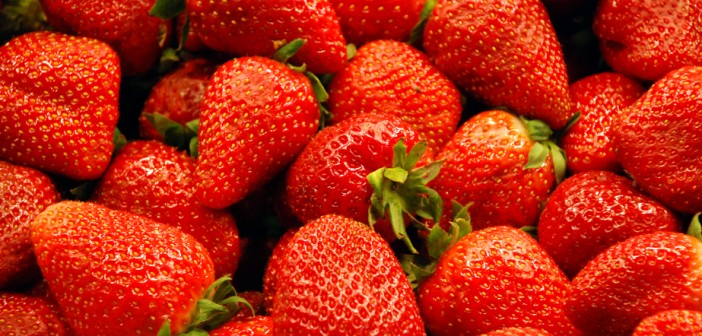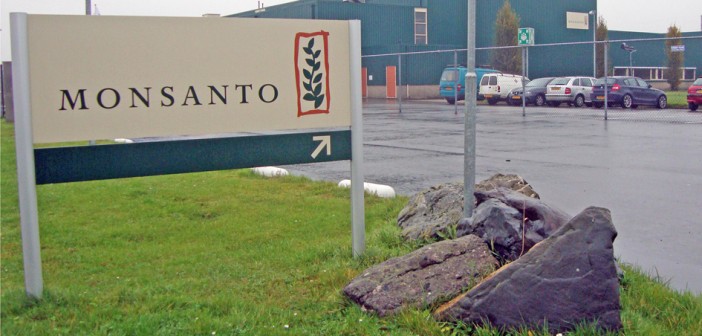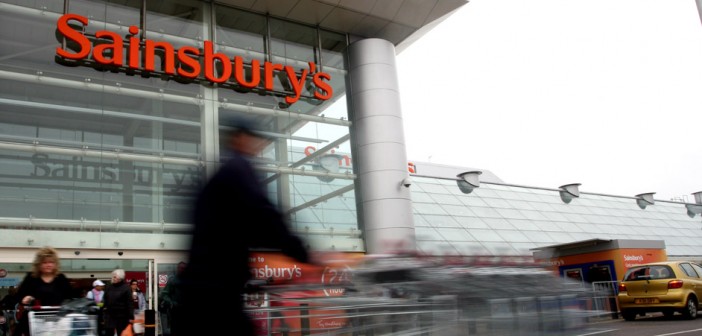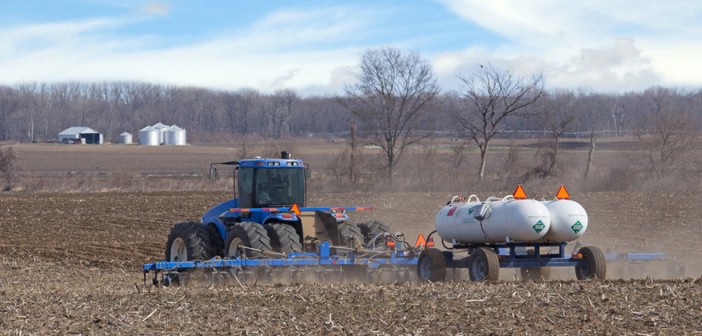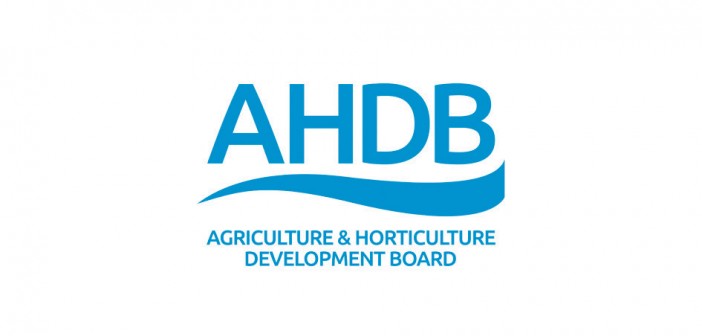RHS Wisley student Lawrence Wright has been names as the overall winner of the Chartered Institute of Horticulture Young Horticulturist of the Year 2016 at the finals held at the National Botanic Gardens, Glasnevin in Dublin on May 7th.
Lawrence, currently studying at RHS Wisely, received the £2500 Travel Bursary provided by the Percy Thrower Trust and will be able to use it to further his horticultural career anywhere in the world.
Lawrence, who won the South East Branch heat to get his place in the final, receives a £2,500 Travel Bursary provided by the Percy Thrower Trust, which he will be able to use to further his horticultural career anywhere in the world. The runner-up in the competition was Joshua Stevens while third place went to Fern Champney.
Stephen Kynaston, of Platinum Sponsor the Shropshire Horticulture Society said of the competition, “The health of anything in society can be gauged by the enthusiasm and commitment of young people, and so today shows how verdant the horticulture industry is.”
Last year’s winner Jessica Evans, who is now Senior Gardener at the National Trust’s Tintinhull Gardens in Somerset, commented, “I am delighted to have won the Young Horticulturist of the Year 2015 competition and look forward to using the travel bursary to further my training in horticulture. Having finished second in the competition last year, my over-whelming emotion when the final scores were announced was relief, especially as this was the last year I would be eligible to enter. I would now really like to support the running of the competition, and to encourage others to take part, as it is vitally important to celebrate the quality and knowledge of young horticulturists.”
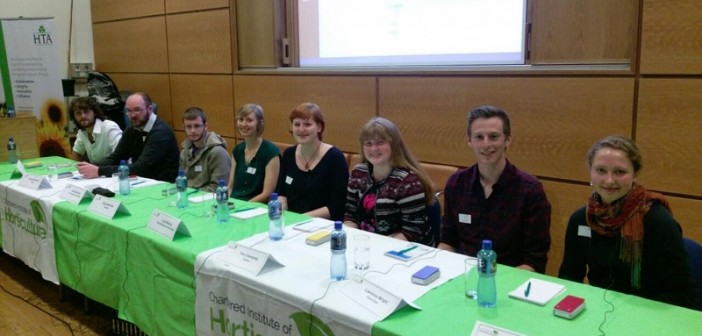
Photo credit: horticulture.org.uk
The post Young Horticulturalist of the Year crowned appeared first on Hort News.

